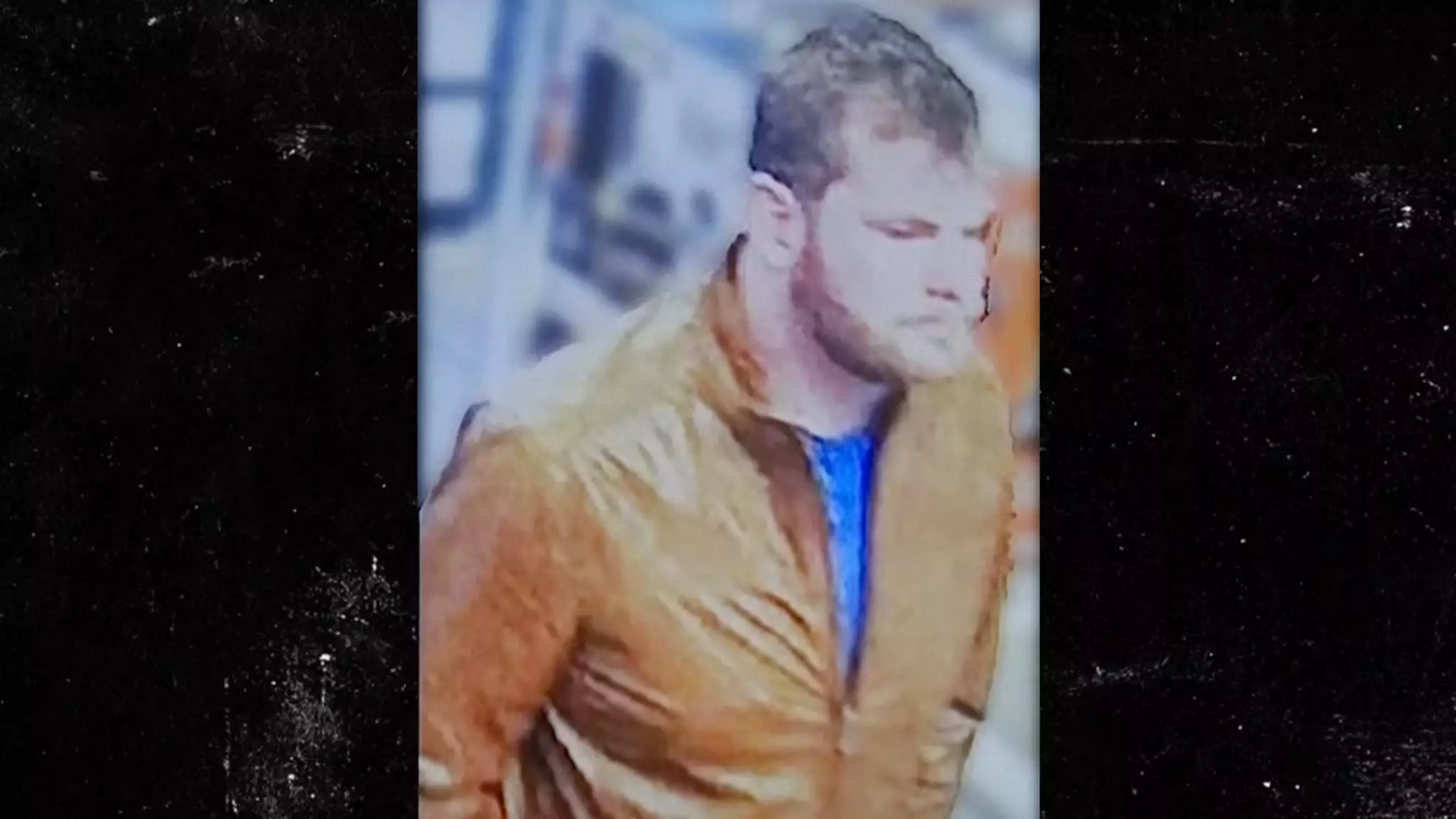In an age where dramatic performances often captivate public attention far more than subtle warnings, the actions of Matthew Livelsberger have raised pressing questions about communication, desperation, and the dire consequences of untreated mental health issues. Livelsberger, a former Army Special Forces soldier, set ablaze his Tesla Cybertruck in front of the Trump Hotel in Las Vegas, claiming that it was meant as a “wake-up call” for society. But what does it mean when the line between spectacle and tragedy is crossed? His method—bringing fireworks and explosives to a highly publicized location—forces us to grapple with the underlying issues and his intentions.
Livelsberger’s letter sheds light on the profound internal struggles he faced as a result of his service. He described battling PTSD, a silent war fought by countless veterans returning home with scars that remain unseen yet deeply felt. His remarks—“I needed to cleanse my mind of the brothers I’ve lost”—evoke the heavy burden many soldiers carry; the loss of comrades impacts mental health significantly and highlights the urgent need for comprehensive support services. Rather than seeking help through conventional means, Livelsberger resorted to an extreme act of defiance, blurring the line between intended message and misguided execution.
Interestingly, Livelsberger identified as a supporter of Donald Trump—an affiliation that raises eyebrows due to the irony of using a Tesla, the flagship of another high-profile figure, Elon Musk. This paradox not only complicates the narrative but also reflects the divisive state of American politics. When service members openly express criticism toward leadership they once supported, it signifies a fracture in ideological allegiance that warrants examination. Livelsberger’s choice of vehicle may be understood as a critique of both leaders, positioning his act as a challenge to all political figures who he perceives as negligent of the needs of veterans and citizens alike.
The Eerie Reality of Leadership and Societal Blindness
Livelsberger’s call to action—urging fellow veterans and Americans to wake up to the “weak and feckless leadership”—illustrates the feelings of frustration and disillusionment common in many communities. The sentiment that “we are eternally ill and headed towards collapse” is alarming and demands attention. In a society where much of the populace is distracted by fleeting entertainment values over pressing issues, Livelsberger’s desperate act can be interpreted as a wake-up call that echoes the profound disquiet among segments of the population eager for substantive change.
Ultimately, Livelsberger’s actions are a somber reminder that the consequences of mental health crises, especially for veterans, can manifest in tragic and unpredictable ways. The need for comprehensive mental health support across all levels of society is more pressing than ever. Combating the stigma surrounding mental health, particularly in military contexts, should be recognized as an urgent priority. His dramatic plea may serve as a profound lesson for legislators and citizens alike: the cost of ignoring mental health issues—both in combat and in civilian life—can produce explosive results, whether metaphorical or literal.

